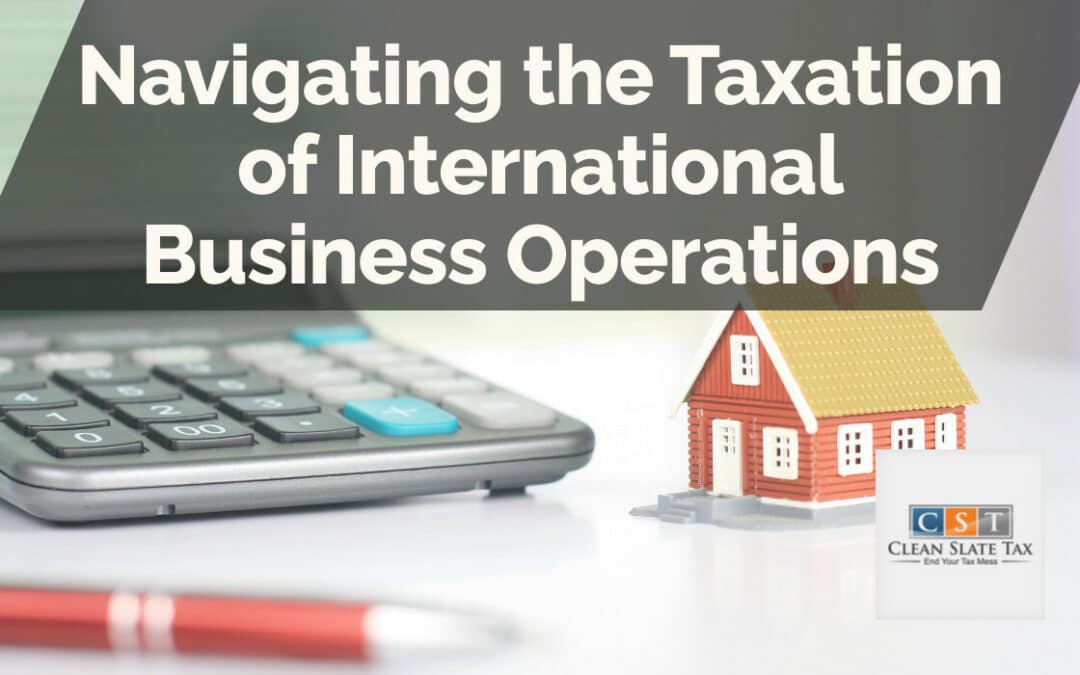In the increasingly globalized world, international business operations have become commonplace for many organizations. This article aims to navigate you through the complexities of international business operations taxations, its various facets and provide some effective strategies.
What is International Business Operations Taxation?
International business operations taxation revolves around the tax rules that govern how businesses operating across multiple jurisdictions are taxed. This can include corporations that have divisions in different countries, or smaller businesses that sell their products or services internationally.
Understanding the Basics of Tax Jurisdiction
Tax jurisdiction refers to the country or region’s rights to tax business activities. Many factors decide the tax jurisdiction, including the business’s place of establishment, the location of the business operations, and where the income is sourced. Each jurisdiction may have its specific tax laws,bringing a new layer of complexity to international business operations.
Different Types of Taxes in International Business
Businesses operating internationally are generally subject to three types:
-
Income Tax: These include corporate taxes on profits earned.
-
VAT/GST: Taxes on the added value at each stage of the production or delivery of goods or services.
-
Custom Duties: Taxes imposed on goods that are moving across borders.
How Does Double Taxation Occur?
Double taxation is a critical concern in international business operations taxation, wherein a company may be taxed in two different jurisdictions for the same income. This scenario typically occurs when the host country and the home country both levy taxes on the same income.
Effective Strategies for Navigating International Taxation
International businesses can adopt various tax strategies to minimize tax liability and manage risks:
-
Tax Planning: Regularly reviewing and updating business plans to align with changing global tax regulations.
-
Transfer Pricing: Devising a well-defined transfer pricing strategy helps businesses manage and allocate international income effectively.
-
Double Tax Agreement (DTA): Businesses can choose to operate in countries with which their home country has a DTA, which often helps avoid double taxation.
Frequently Asked Questions
What is transfer pricing in international business operations?
Transfer pricing is the practice of determining the prices of goods and services sold between controlled (or related) legal entities within a business enterprise. It allows for the allocation of revenues and expenditures between countries.
How can a business avoid double taxation?
Businesses can avoid double taxation through DTAs, foreign tax credits, or by setting up foreign entities in a way that does not trigger a taxable presence in the foreign jurisdiction.
Understanding the complexities of international business operations taxation is paramount in this globalized economy. It not only helps in compliance with various tax laws but also allows businesses to take strategic decisions for growth and expansion.





